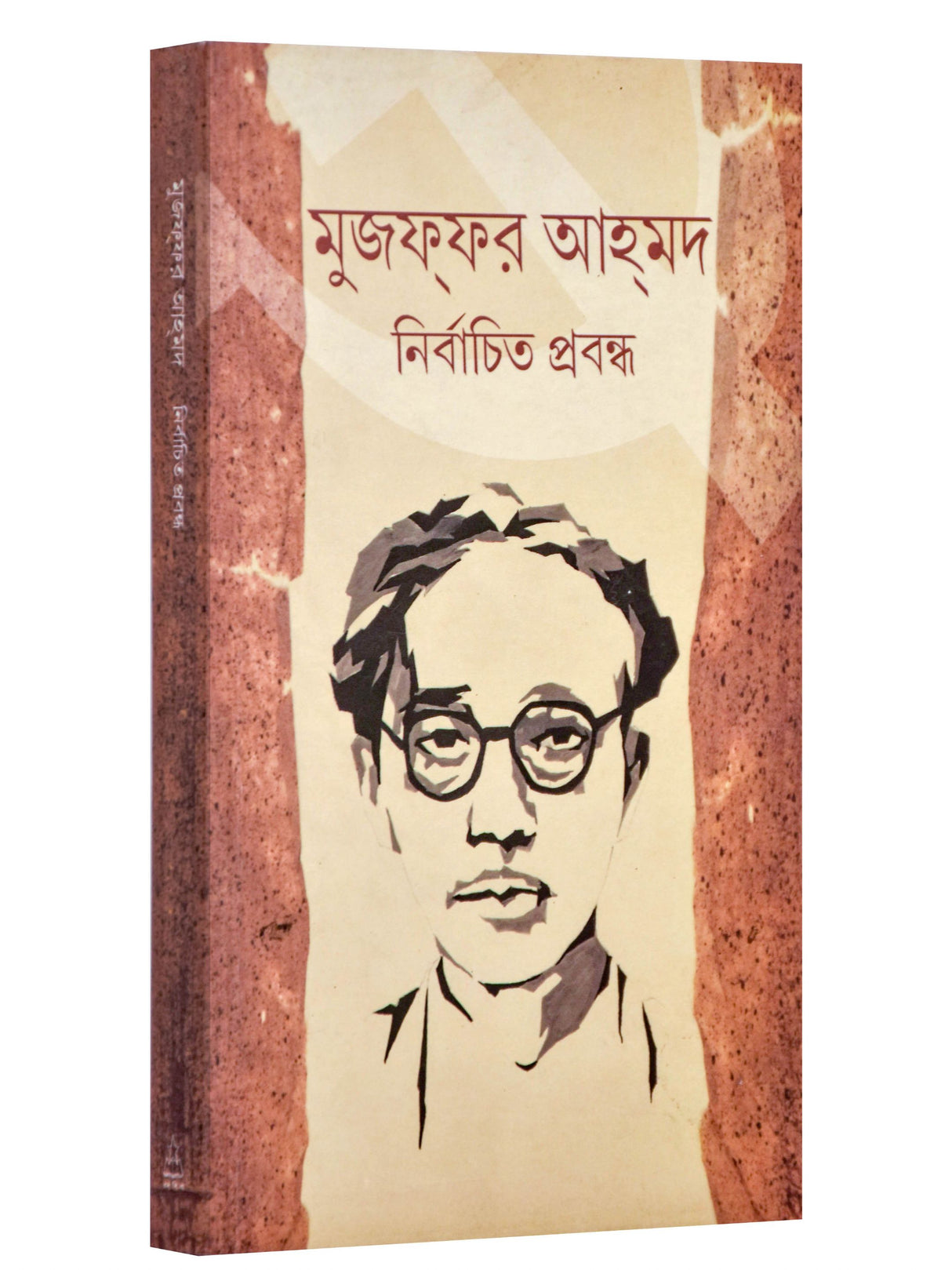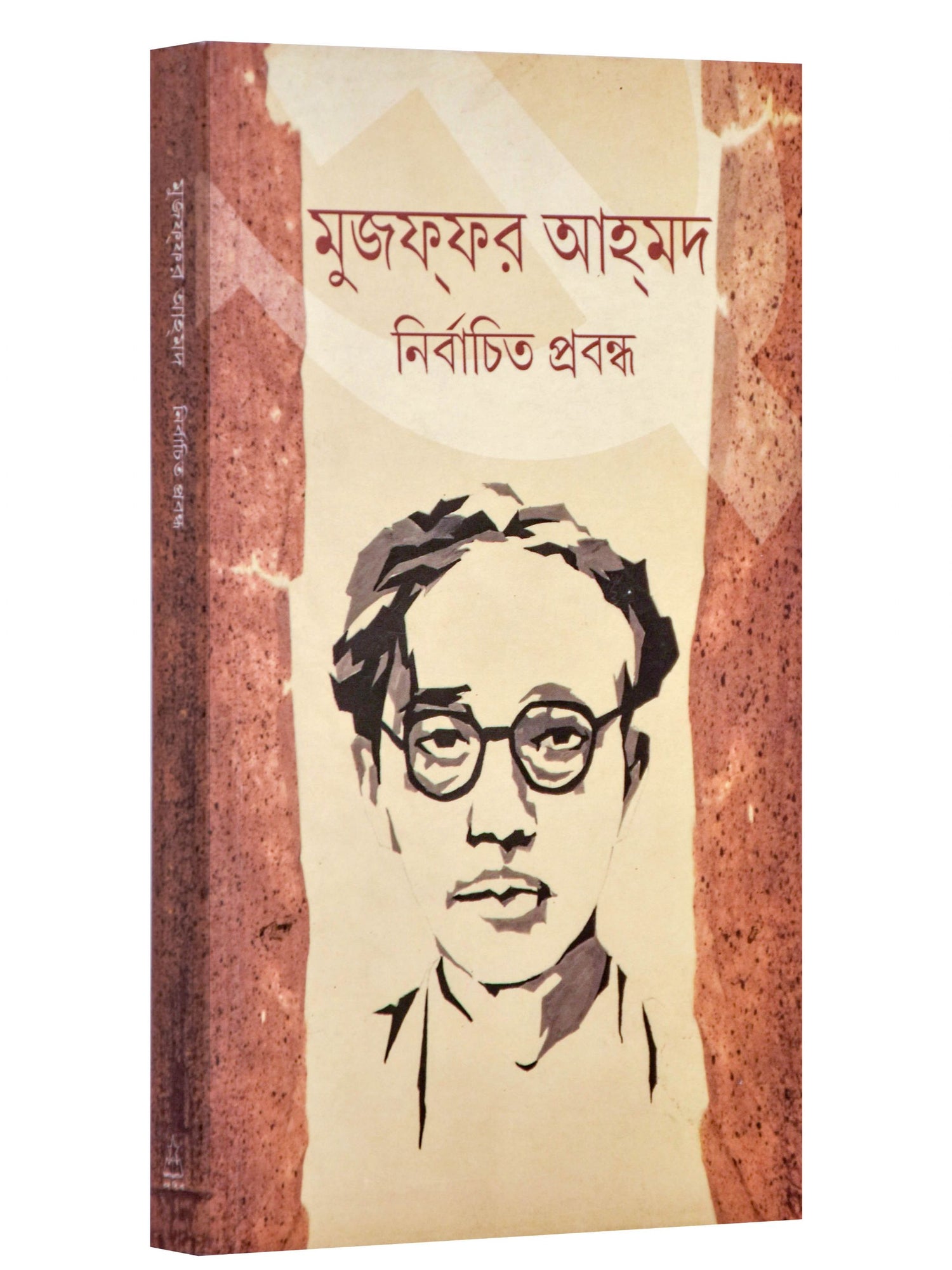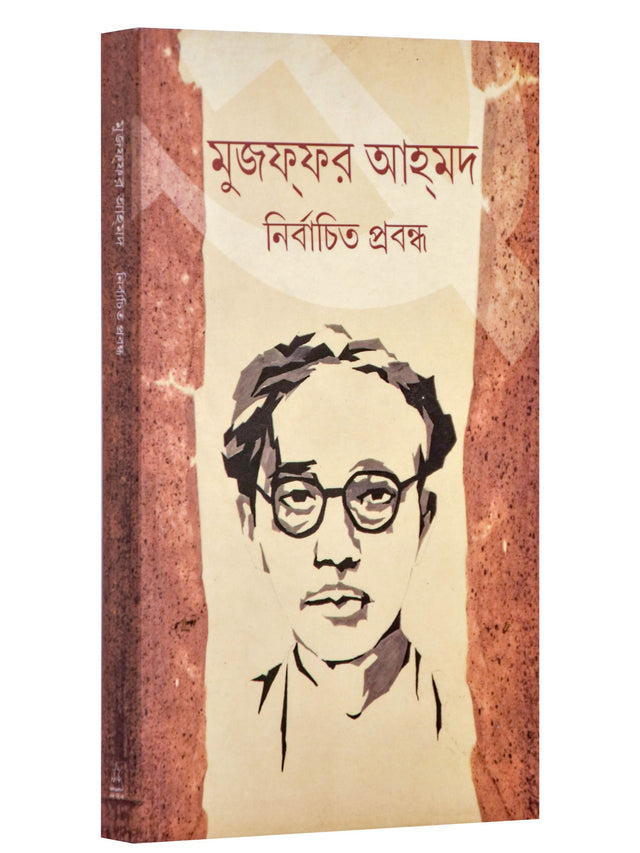Nirbachita Prabandha
Nirbachita Prabandha is backordered and will ship as soon as it is back in stock.
Couldn't load pickup availability
Genuine Products Guarantee
Genuine Products Guarantee
We guarantee 100% genuine products, and if proven otherwise, we will compensate you with 10 times the product's cost.
Delivery and Shipping
Delivery and Shipping
Products are generally ready for dispatch within 1 day and typically reach you in 3 to 5 days.
-
Author: Muzaffar Ahmad
-
Category: Essays
-
Publisher: National Book Agency Private Limited
-
Language: Bengali
-
First Publication Year: 2011
-
Publication Year: 2011
-
Edition: 1st Edition
-
Binding: Hardcover
-
Number of Pages: 372
About the Book:
Nirbachita Prabandha is a collection of selected essays by Muzaffar Ahmad, one of the prominent pioneers of the Communist movement in India. His essays are distinguished by their content and literary style. This book primarily includes essays written between 1926 and 1928, with the exception of the essay on "Agrarian Issues." These essays were first published in the periodicals Langal and Ganabani, which were the publications of the Workers' and Peasants' Party of India at that time.
The collection is compiled from two separate editions: the first, Prabandha Sankalana, was published by Saraswat Library in 1970, and the second, Muzaffar Ahmad's Selected Writings, was published by the Muzaffar Ahmad Memorial Committee in 1976 under the National Book Agency (NBA). In addition, several essays were taken from Muzaffar Ahmad's Uncollected Writings, compiled by Prodesh Kumar Bagchi. The essays are arranged chronologically based on their original publication dates.
Along with the essays, the book includes introductions by Muzaffar Ahmad himself and the Muzaffar Ahmad Memorial Committee, which provide historical context and significance.
Significance:
This book serves as an important historical document, offering insight into the early years of the Communist movement in India. The essays cover a wide range of topics that were central to the political and social issues of the time, including class struggles, agrarian issues, and the fight against imperialism. Muzaffar Ahmad’s views on these matters offer a valuable perspective on the development of leftist thought in India. His intellectual contributions played a key role in shaping the Communist movement in the country, making this book a crucial resource for anyone interested in the history of Indian political thought and social justice.





